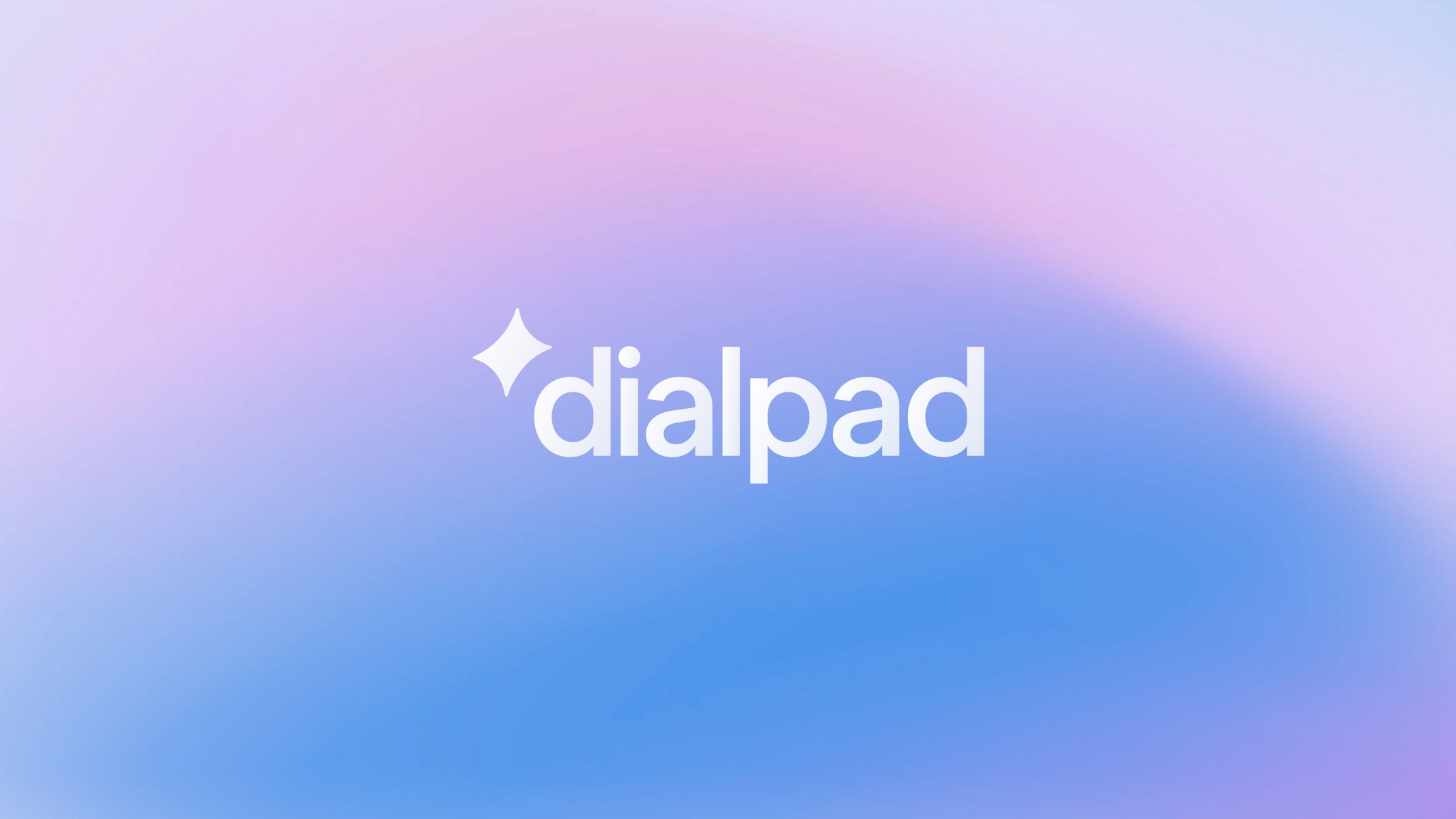

Alegeus, a leader in SaaS-based benefit funding and payment solutions, faced challenges managing a fragmented data environment across multiple teams. Their six-member Business Intelligence and Corporate Data team handled transactional data, payment cards, account information, and claims data. With numerous stakeholders and the need for accurate and consistent information, Alegeus turned to Secoda. Secoda’s data cataloging and Knowledge Management tools have played a key role in driving data consistency and fostering organization-wide engagement.
The results
Since adopting Secoda, Alegeus has significantly improved data standardization and accessibility across the organization.
- Reduced reporting discrepancies, leading to fewer executive-level mismatches and more consistent data usage across departments.
- Increased data literacy and participation through gamification powered by Secoda’s APIs:
- 52 users, with 41 members actively contributing month over month.
- Over 430 questions asked and 613 answers, with a 75% answer rate.
- Overall increase in data participation since gamification was introduced alongside Secoda.
- Standardized documentation processes integrated into daily workflows.
The goal
Alegeus set three primary goals for their transformation with Secoda:
- Centralize knowledge management: Create a centralized knowledge base that captures complex data definitions and provides easy access for both new and existing team members.
- Drive consistency: Standardize data definitions across departments to eliminate reporting discrepancies and improve data-driven decision-making.
- Incentivize data documentation engagement: Implement gamification strategies that encourage team members to actively contribute to the data catalog, thereby enhancing documentation and fostering a more engaged, data-driven culture.
The challenge
Before implementing Secoda, Alegeus was grappling with several significant challenges that hampered their data management efforts.
Alegeus operated in a complex data environment, with multiple departments managing their own data sets, often reporting different metrics while assuming they were the same. This created rampant inconsistencies in both terminology and data usage, which affected decision-making. As Clint Shannon from the data team explained, “Each of our departments has its own unique needs, but that was generating some issues where different departments were reporting different data sets as if they were the same.”
Alegeus had previously relied on a different data catalog tool, but it failed to meet their needs for effective Knowledge Management and collaboration. This limitation exacerbated existing issues, making it difficult for teams to standardize terminology and access consistent information.
Another issue was the knowledge gap within the organization. The most senior team members, with years of experience, held much of the institutional knowledge, making onboarding new employees a difficult and lengthy process. It often took years for new team members to understand the complex data landscape at Alegeus. Clint illustrated this challenge, saying, “The most senior person on our team has been with the company for 19 years now. So obviously, he knows almost everything, but we can’t wait 19 years for everybody else to get up to speed.”
Finally, there was the issue of low engagement. The team struggled to motivate employees to contribute to a centralized knowledge base, leading to gaps in data documentation and inconsistent usage across the company. Without proper documentation, teams continued to work in silos, and the lack of active participation created inefficiencies that were hard to overcome.
Turning questions into knowledge
To overcome their documentation and knowledge gaps, Alegeus embraced question-driven documentation with Secoda. Recognizing that their team members often had specific, tactical questions, they utilized Secoda’s Question feature to transform these inquiries into valuable documentation. This method encouraged team members to ask and document complex data topics, building a living, dynamic knowledge base that catered to both immediate and long-term needs. As Clint explained, “We emphasized questions because, from the end-user perspective, they have questions that need to serve a tactical purpose.” By capturing these questions, Alegeus ensured their knowledge base stayed relevant, actionable, and continuously evolving.

Gamifying engagement
To foster greater participation in their data cataloging, Alegeus introduced a gamification system powered by Secoda’s APIs. This approach tapped into the team’s competitive spirit, encouraging members to contribute to documentation and knowledge sharing by earning points.
Megan Romano highlighted, "We’ve built a gamification system where users get points for asking and answering questions in Secoda. For example, we award additional points if an answer is selected as the correct one, and we use the Secoda APIs to calculate and display these on a leaderboard."
The promise of a PS5 prize at the end of the year further motivated the team, transforming documentation into a fun, competitive activity.
The point system was structured as follows:
- Points for questions: 1 point for each question asked.
- Points for answers:
- 1 point for answering a question within one day.
- 10 additional points if the answer is selected as the correct one.
- Points for resource ownership: Points awarded based on the type of resource owned, with more points for larger resources like tables.
- Points for reactions: Points for receiving reactions to answers and for reacting to others' answers.
- Yearly prize: The user with the most points at the end of the year wins a PS5, along with bragging rights.
This competitive and rewarding system saw a significant boost in engagement as team members actively contributed to the data catalog, turning what was once a chore into a source of excitement and motivation.

Building a culture of clarity
Alegeus’ strategy centered on creating a culture of collaboration and clarity, supported by Secoda’s user-friendly Knowledge Management tools. These tools made it easy for all users—not just data experts—to actively contribute to definitions, documentation, and the data catalog, preventing knowledge from being siloed.
Unlike other tools focused mainly on data monitoring or lineage, Secoda empowered users across departments to engage with the data catalog, standardize terminology, and improve data transparency. This collaborative environment ensured that everyone was aligned and speaking the same data language, driving more consistent, data-driven decision-making across the organization.

Rolling out Secoda
The implementation of Secoda at Alegeus was a carefully phased process. Starting with a testing period in September, the team steadily worked to catalog data tables and expand their knowledge base. By February, Secoda had been introduced across many core teams, and its impact was already evident.
One clear success was the significant reduction in reporting discrepancies. "We’ve had fewer executive mismatches than we had in the past, and we’re not getting as many questions about that nowadays," shared Clint, highlighting the growing consistency in data usage across departments.
In addition, the introduction of gamification through Secoda’s APIs played a pivotal role in fostering engagement. This system didn’t just reward participation; it automated the process of tracking contributions, visualizing leaderboards, and keeping the competition alive.
The combination of structured rollout and gamified incentives brought Secoda to life at Alegeus, transforming how the team approached data management and documentation.
Looking ahead
Alegeus’ journey with Secoda showcases the power of combining data cataloging with robust Knowledge Management and user engagement strategies. By centralizing their data knowledge and leveraging gamification, Alegeus has transformed its approach to data management and governance, achieving greater consistency and efficiency across the organization.
Alegeus plans to continue expanding Secoda’s usage across the company, with a focus on further improving data consistency and engagement. By leveraging Secoda’s Knowledge Management and gamification tools, they aim to build a fully engaged, data-driven culture. The ongoing improvements to documentation and data collaboration will support their long-term goals of greater efficiency and accuracy across teams.
































